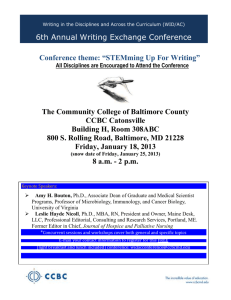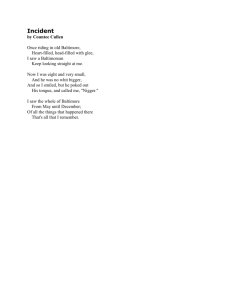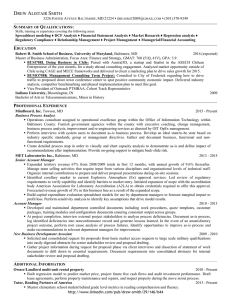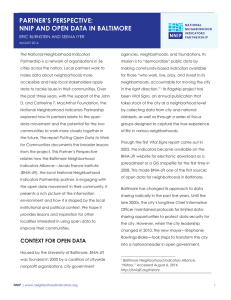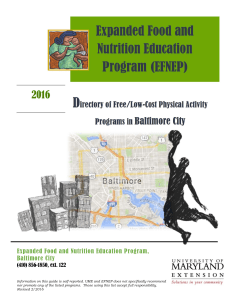David Baltimore
advertisement
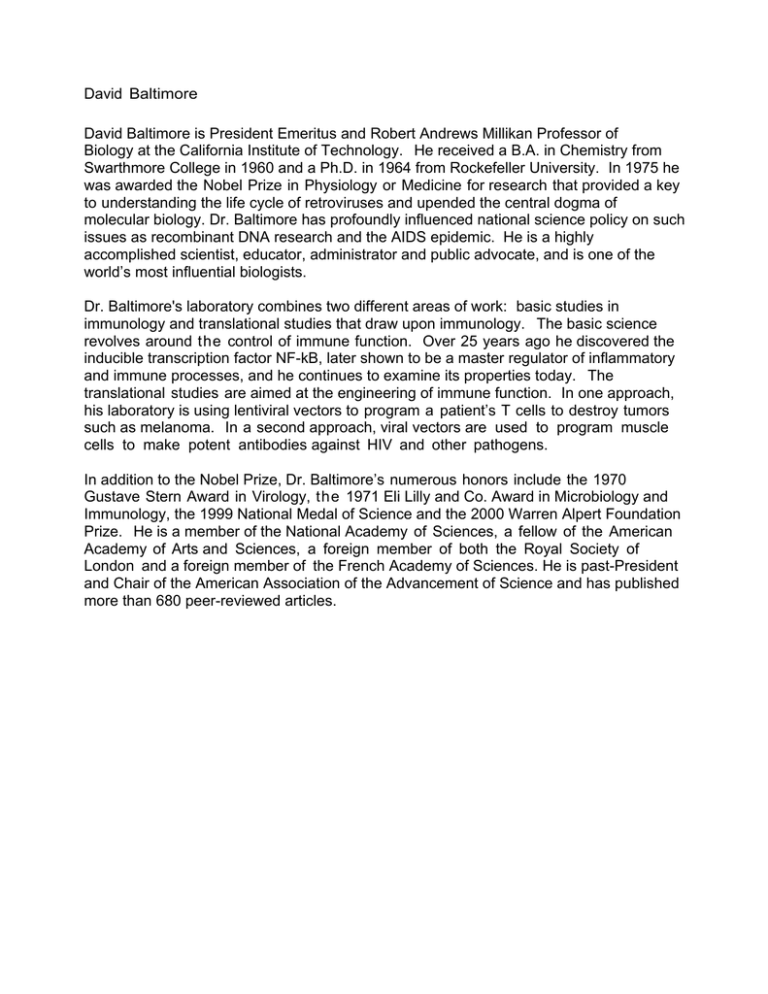
David Baltimore David Baltimore is President Emeritus and Robert Andrews Millikan Professor of Biology at the California Institute of Technology. He received a B.A. in Chemistry from Swarthmore College in 1960 and a Ph.D. in 1964 from Rockefeller University. In 1975 he was awarded the Nobel Prize in Physiology or Medicine for research that provided a key to understanding the life cycle of retroviruses and upended the central dogma of molecular biology. Dr. Baltimore has profoundly influenced national science policy on such issues as recombinant DNA research and the AIDS epidemic. He is a highly accomplished scientist, educator, administrator and public advocate, and is one of the world’s most influential biologists. Dr. Baltimore's laboratory combines two different areas of work: basic studies in immunology and translational studies that draw upon immunology. The basic science revolves around the control of immune function. Over 25 years ago he discovered the inducible transcription factor NF-kB, later shown to be a master regulator of inflammatory and immune processes, and he continues to examine its properties today. The translational studies are aimed at the engineering of immune function. In one approach, his laboratory is using lentiviral vectors to program a patient’s T cells to destroy tumors such as melanoma. In a second approach, viral vectors are used to program muscle cells to make potent antibodies against HIV and other pathogens. In addition to the Nobel Prize, Dr. Baltimore’s numerous honors include the 1970 Gustave Stern Award in Virology, the 1971 Eli Lilly and Co. Award in Microbiology and Immunology, the 1999 National Medal of Science and the 2000 Warren Alpert Foundation Prize. He is a member of the National Academy of Sciences, a fellow of the American Academy of Arts and Sciences, a foreign member of both the Royal Society of London and a foreign member of the French Academy of Sciences. He is past-President and Chair of the American Association of the Advancement of Science and has published more than 680 peer-reviewed articles.
